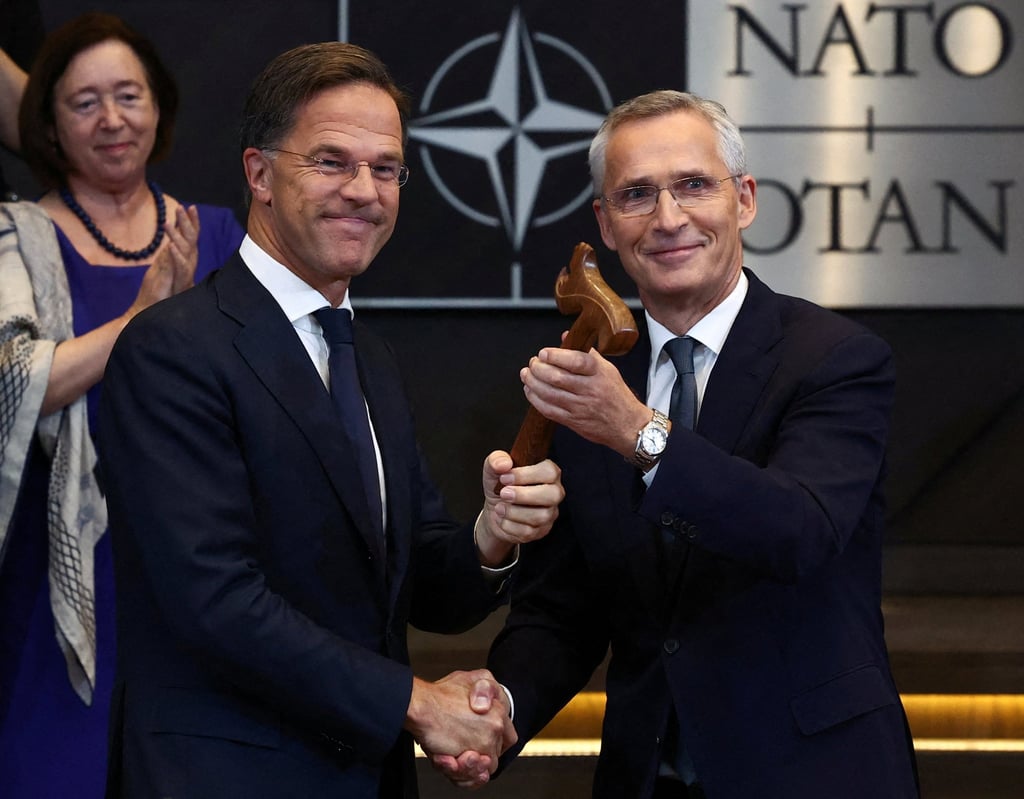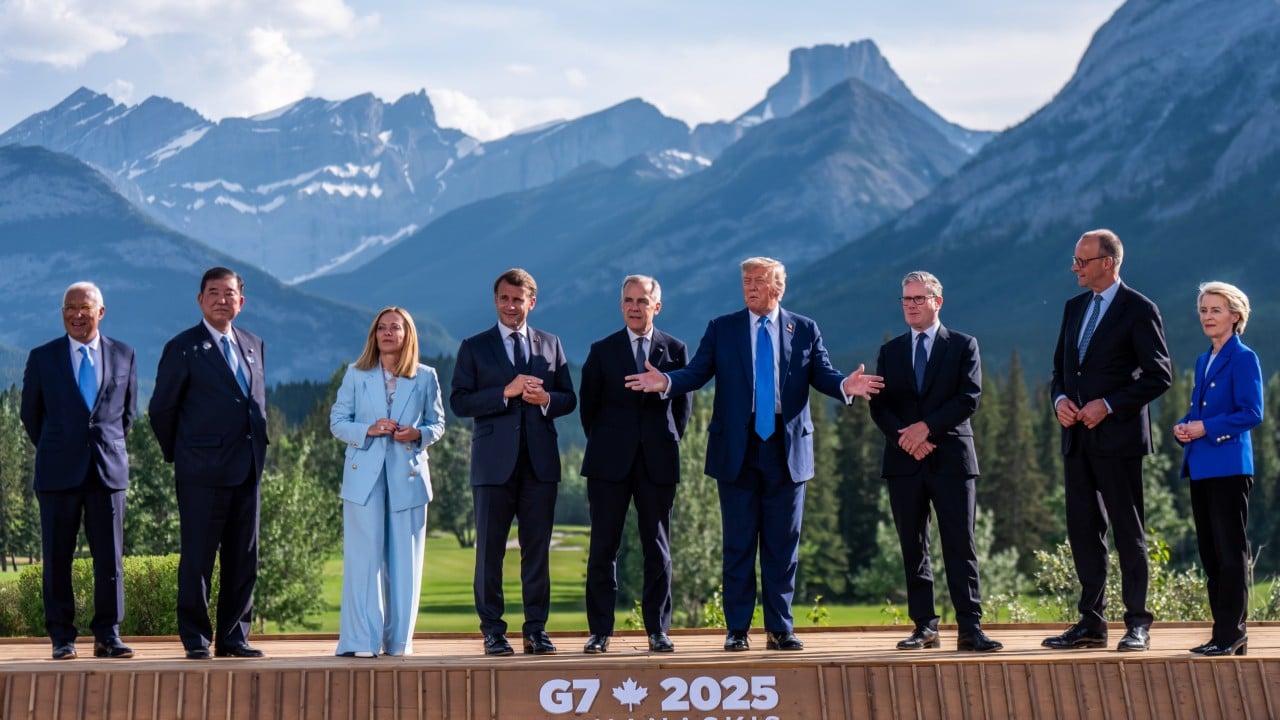In recent years, the term “like-minded countries” has often been used as a shorthand to mean the United States and its allies. But lately, the definition appears to have been expanded to include simply those with similar interests – even if they stand at opposing sides of the spectrum.
Advertisement
Used by commentators and academics to describe “the West”, “like-minded countries” refers to states that share similar values such as democracy, human rights, the rule of law and a rules-based international order.
During the Joe Biden administration, Washington frequently invoked the phrase to refer to preferred partners for international collaboration.
These include close allies and partners such as Canada, the United Kingdom, Australia, Japan and South Korea, Nato states which share democratic values and security concerns, as well as important Asia-Pacific partners such as India, the Philippines, Vietnam and Singapore.
“The term is used as a less historically and geographically fraught synonym for the grouping that might otherwise be called ‘the West’,” Lowy Institute’s Melissa Conley Tyler and Megan Vu wrote last year.

Other US allies use the term too. When Nato Secretary General Jens Stoltenberg visited South Korea and Japan in 2023, he called them “like-minded countries”. What unites such nations, according to Nato, is “the systemic challenges” posed by China.

